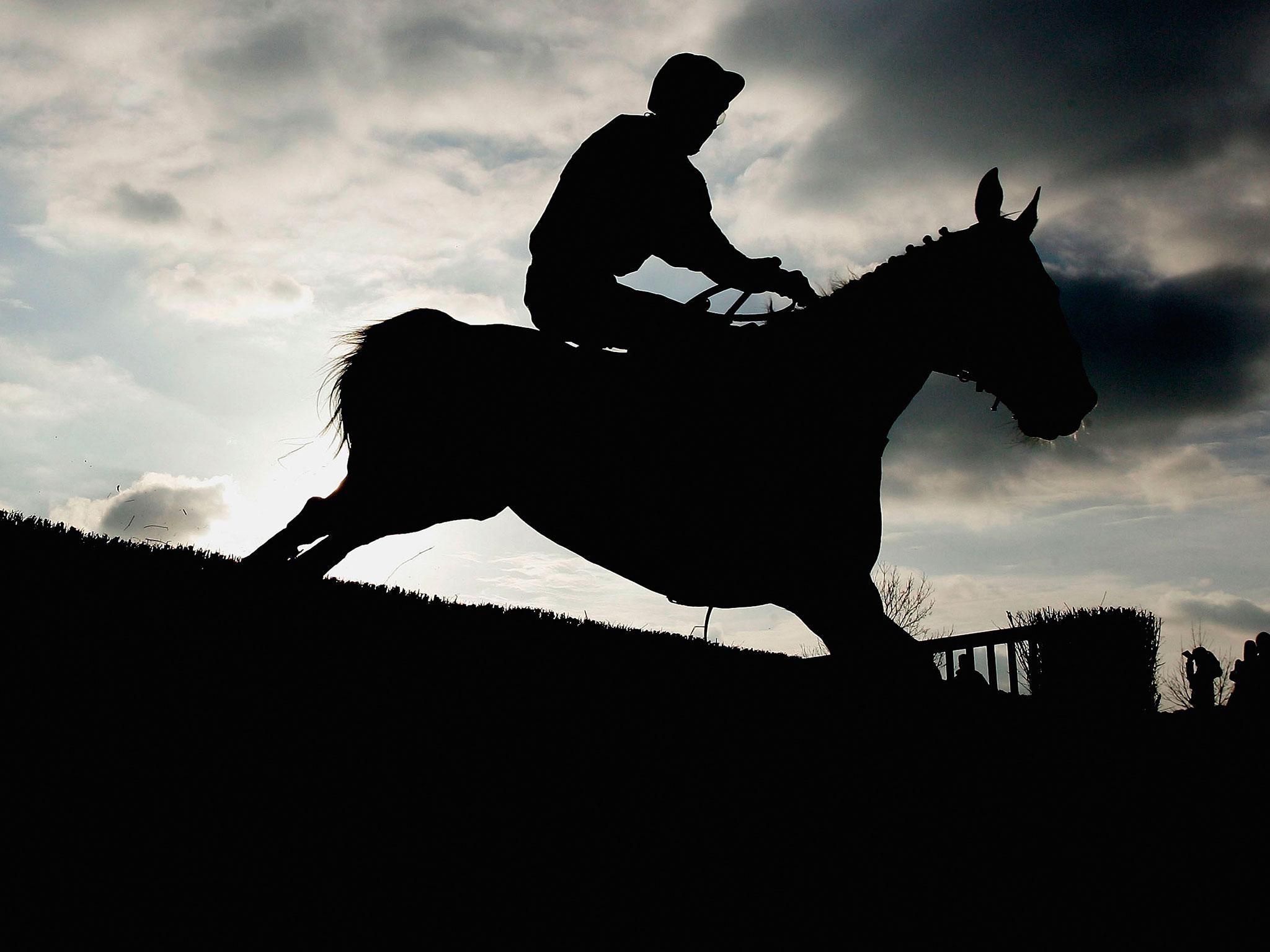Brexit could spell trouble for Ireland's racehorse breeders
About 10,000 horses a year move back and forth between Ireland and UK for racing and breeding, eased in part by an agreement allowing free movement of thoroughbreds between the two nations

For a primer on the risks Brexit poses to trade, just ask the Irish horse industry.
The €1bn (£900m) bloodstock sector – made up of racing and breeding – employs close to 15,000 people in Ireland, according to Deloitte. Much of the business centres around the UK, leaving one of the world’s biggest bloodstock producers vulnerable to its nearest neighbour’s departure from the EU.
“80 per cent of our exports are to the UK, and it’s not like you can turn around and say: ‘Let’s replicate that somewhere else’,” Brian Kavanagh, chief executive officer of governing body Horse Racing Ireland, said. “So it’s a big worry.”
The sector is a microcosm of the wider challenges presented by Brexit, and last month Irish industry representatives met EU officials in Brussels to highlight the scale of those potential problems. The pound’s decline has already hurt revenue, and the Irish and British horse industries (so close they are essentially twins) face the prospect of delays, tariffs and a long-drawn out spell of uncertainty.
“As a company, we can’t make any concrete plans because we don’t know where Brexit will end up,” Henry Beeby, chief executive of Goffs, the horse auction house in Kildare (about 20 miles from Dublin). “We have no clarity on something that could have such a big impact on our lives.”
With about 15 per cent of its exports going to the UK, Ireland is the EU nation most exposed to Brexit. Outside Dublin, home to the European headquarters of companies like Google Inc., much of the economy remains agriculture-based. Close to 40 per cent of all Irish food and drink exports go to the UK; for example, Ireland accounts for 70 per cent of Britain’s beef imports.
In the horse trade, much of the money is in flat racing, where top race winners can earn their owners millions in stud fees after retirement. Irish bloodstock millionaire John Magnier’s Coolmore cut its fees by as much as 43 per cent in the wake of Brexit, with the average reduction 12 per cent.
“Many of our clients trade in sterling, so in response to its decline in value we have reduced the fees for the majority of our stallions,” David O’Loughlin, a spokesperson for Coolmore said when the fees were announced. “They are now very competitively priced.”
About 10,000 horses move back and forth between Ireland and UK for racing and breeding a year, eased in part by an agreement allowing free movement of thoroughbreds between the two nations and France. The next closest is France at about 5,000.
“To a large extent, the horse racing and breeding industries of the UK and Ireland operate as one with horses, trainers, riders, agents, stable lads, owners and vets regularly moving between both jurisdictions,” the Irish Thoroughbred Breeders’ Association told a parliamentary inquiry into the impact of Brexit.
Horses’ movements could be slashed if Brexit means horses entering the UK have to go through new quarantine procedures and other border checks, while trade in geldings (castrated horses) could be hit with an 11.5 per cent tariff if no trade deal is agreed.
Meanwhile, outside the EU, the UK industry could quickly grow more competitive.
“The possibility of the UK introducing incentives for its industry over time is a real threat, especially if racing in Ireland is still excluded from the usual state aid exemptions for agriculture,” Elizabeth Headon of the Alliance for Racing and Breeding, which represents about 10,000 people in the industry, told the parliamentary committee.
Brexit could also hurt the UK industry. Nine out of 10 horses racing at the Northern Irish tracks of Downpatrick and Down Royal are trained in the Republic of Ireland, according to Headon, who described the Irish and UK sectors as “twin industries”.
“It isn’t two separate markets; it’s really one,’’ says Beeby. “The UK relies on Irish horses to supply its race meetings and that would be hit hard by Brexit too. There’s no other country that can replicate that relationship for the UK.”
Bloomberg
Join our commenting forum
Join thought-provoking conversations, follow other Independent readers and see their replies
Comments